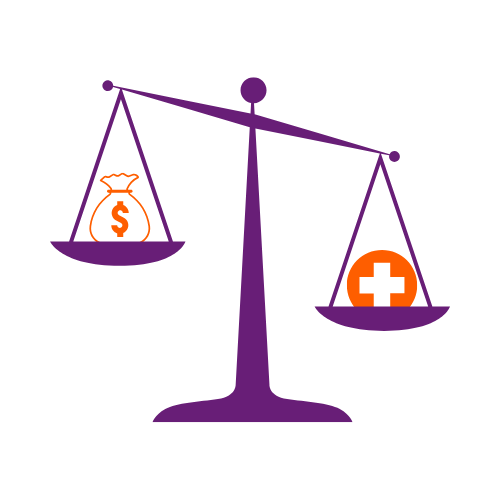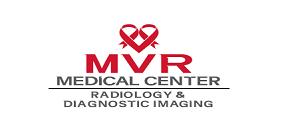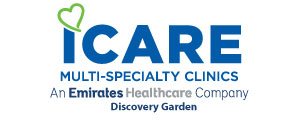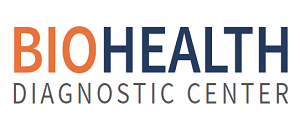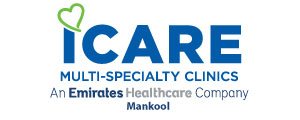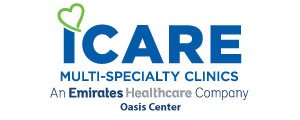Description
Breast cancer is the most commonly seen cancer in women. The most common symptom of breast cancer is a lump or a mass in the breast tissue. It may or may not be painful, hard or soft.
In general, cancerous lumps tend to be more irregular in shape, solid or firm, and might be fixed to the tissue in the breast.
Cysts of the breast are commonly seen fluid-filled lumps that form when fluid builds up inside the breast tissue. These are generally benign. Fibroadenomas are also benign tumors but made up of glandular and connective breast tissue. They are usually smooth and firm or rubbery to touch. Both fibroadenomas and cysts are seen in women under 40. However, fibroadenomas are most common in women in their 20s and 30s.
While the majority of lumps are benign, it is impossible to tell by touch whether a lump is cancer. It is suggested to have any soft mass or hard lump, or any changes in the breast to be checked by a health care professional.
Other possible symptoms of breast cancer include:
· Breast or nipple pain
· Inverted nipple (nipple turned inward)
· Nipple discharge (other than breast milk) or discoloration of the nipple or surrounding area
· a sudden, unexplained change in the shape, size or appearance of the breast
· Skin irritation or dimpling, looking like an orange peel
· Swelling of all or part of a breast (even if no distinct lump is felt)
· Redness, scaliness, crusting or flaking or thickening of the nipple or breast skin
Sometimes a breast cancer can spread to lymph nodes under the arm or around the collar bone and cause a lump or swelling there, even before the original tumor in the breast is large enough to be felt. Swollen lymph nodes should also be checked by a health care provider.
Breast cancer is sometimes found after symptoms appear, but many women with breast cancer have no symptoms. This is why regular breast cancer screening is so important.
Different tests are available that are helpful in the detection of breast cancer:
· Breast Cancer Marker – CA 15.3
· Cancer Marker Profile
· Mammogram
· Ultrasound Breast
Some breast cancers are sensitive to your body's naturally occurring female hormones — estrogen and progesterone. In this case, your doctor might also suggest you to test these hormones along with the cancer screening.
There are several types of breast cancer. Generally, they are grouped as:
Invasive – The cancer has spread from the breast ducts or glands to other parts of the breast
Example, Invasive ductal carcinoma (IDC), Invasive lobular carcinoma (ILC)
Invasive ductal carcinoma (IDC) is the most common type of breast cancer. This type of breast cancer begins in your breast’s milk ducts and then invades nearby tissue in the breast. Once the breast cancer has spread to the tissue outside your milk ducts, it can begin to spread to other nearby organs and tissue.
Noninvasive – The cancer has not spread from the original tissue
Example, Ductal carcinoma in situ (DCIS), Lobular carcinoma in situ (LCIS)
Cancer in situ – In situ cancer is a non-invasive cancer. It is an early stage cancer which involves cells that line the internal organs, or epithelial cells.
Some other terms associated with Breast Cancer
Carcinomas – These are tumors that start in the epithelial cells that line organs and tissues throughout the body. Sometimes, an even more specific term is used. For example, most breast cancers are a type of carcinoma called adenocarcinoma.
Inflammatory breast cancer – is an uncommon type of invasive breast cancer. It accounts for about 1% to 5% of all breast cancers.
Paget disease of the nipple – This starts in the breast ducts and spreads to the skin of the nipple and then to the areola (the dark circle around the nipple). It is rare, accounting for only about 1-3% of all cases of breast cancer.
Phyllodes tumor - These are rare breast tumors. They develop in the connective tissue (stroma) of the breast, in contrast to carcinomas, which develop in the ducts or lobules. Most are benign, but they can become malignant.
Angiosarcoma - Sarcomas of the breast are rare making up less than 1% of all breast cancers. Angiosarcoma starts in cells that line blood vessels or lymph vessels. It can involve the breast tissue or the skin of the breast. Some may be related to prior radiation therapy in that area.
Test Detail
*Female Cancer Screening
- Alpha Feto Protein (AFP)
- CA - 125
- CA - 15.3
- CA - 19.9
- Carcino Embryonic Antigen (CEA)
- Beta HCG Quantitative
** GP Doctor Consultation
*Ultrasound (USG) Breast Scan Bilateral
*Mammogram
You May Also like
Why choose us

Speed
On-time reporting with the best TAT in the industry.
Quality
Accredited centers: DHA, MOH, HAAD, CAP, ISO, JCI.
Accessibility
Extensive partner network & convenient home collection.
Satisfaction
35,000+ Satisfied Customers & 12+ Years of Trusted Service.